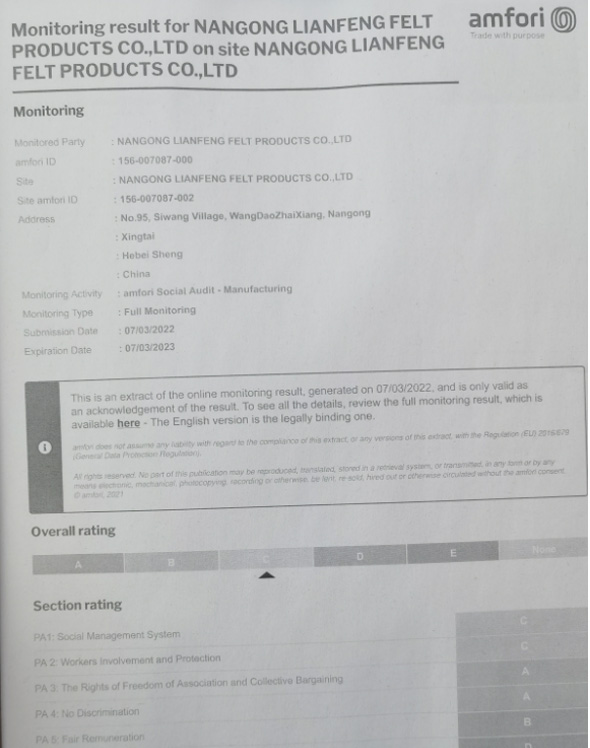The Importance of Acoustic Panels for Recording
In the world of music production and sound engineering, achieving high-quality recordings is paramount. One of the most critical elements in creating a professional sound environment is the use of acoustic panels. These versatile tools are essential for controlling sound reflections and managing acoustics in recording studios, rehearsal spaces, and other environments where audio clarity is crucial.
The Importance of Acoustic Panels for Recording
There are various types of acoustic panels available, including foam panels, fabric-wrapped panels, and customized solutions that can blend seamlessly into the room’s decor. Foam panels, often made from polyurethane, are lightweight and easy to install, making them a popular choice for home studios. Meanwhile, fabric-wrapped panels can come in various colors and textures, allowing for aesthetic integration without compromising sound quality.
acoustic panels for recording

The effectiveness of acoustic panels lies in their ability to absorb specific frequencies. Low-frequency sounds, such as bass notes, often require thicker and denser panels, while high-frequency sounds can be managed with thinner, lightweight options. For ideal results, it is essential to analyze the acoustic profile of the space and select the appropriate panels to address specific problems.
Additionally, proper placement of acoustic panels is crucial. They should be strategically positioned at reflection points, which are typically found on the walls adjacent to the sound source and sometimes on the ceiling. A common approach is the First Reflection Points technique, where panels are placed in areas most likely to reflect sound back to the recording microphone. This meticulous setup helps to create a more balanced and professional-sounding recording.
Investing in acoustic panels not only improves sound quality but can also enhance the overall experience of both artists and engineers during recording sessions. A well-treated room provides a clearer representation of how the final mix will sound, allowing artists to make informed decisions in real time.
In conclusion, acoustic panels are an invaluable asset in the realm of recording. They are essential for controlling sound reflections, enhancing audio clarity, and creating a professional sound environment. Whether you are a seasoned producer or an aspiring musician, incorporating acoustic panels into your recording space can elevate your work and transform the quality of your sound.
